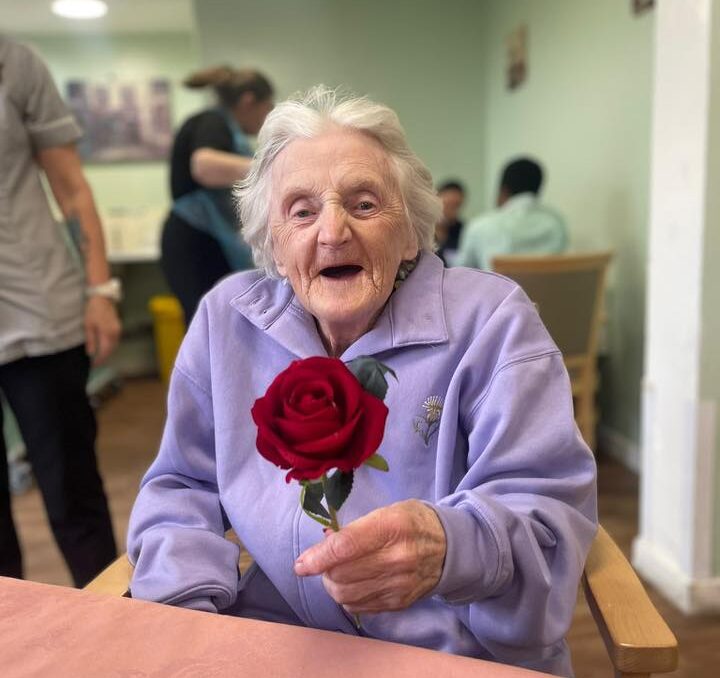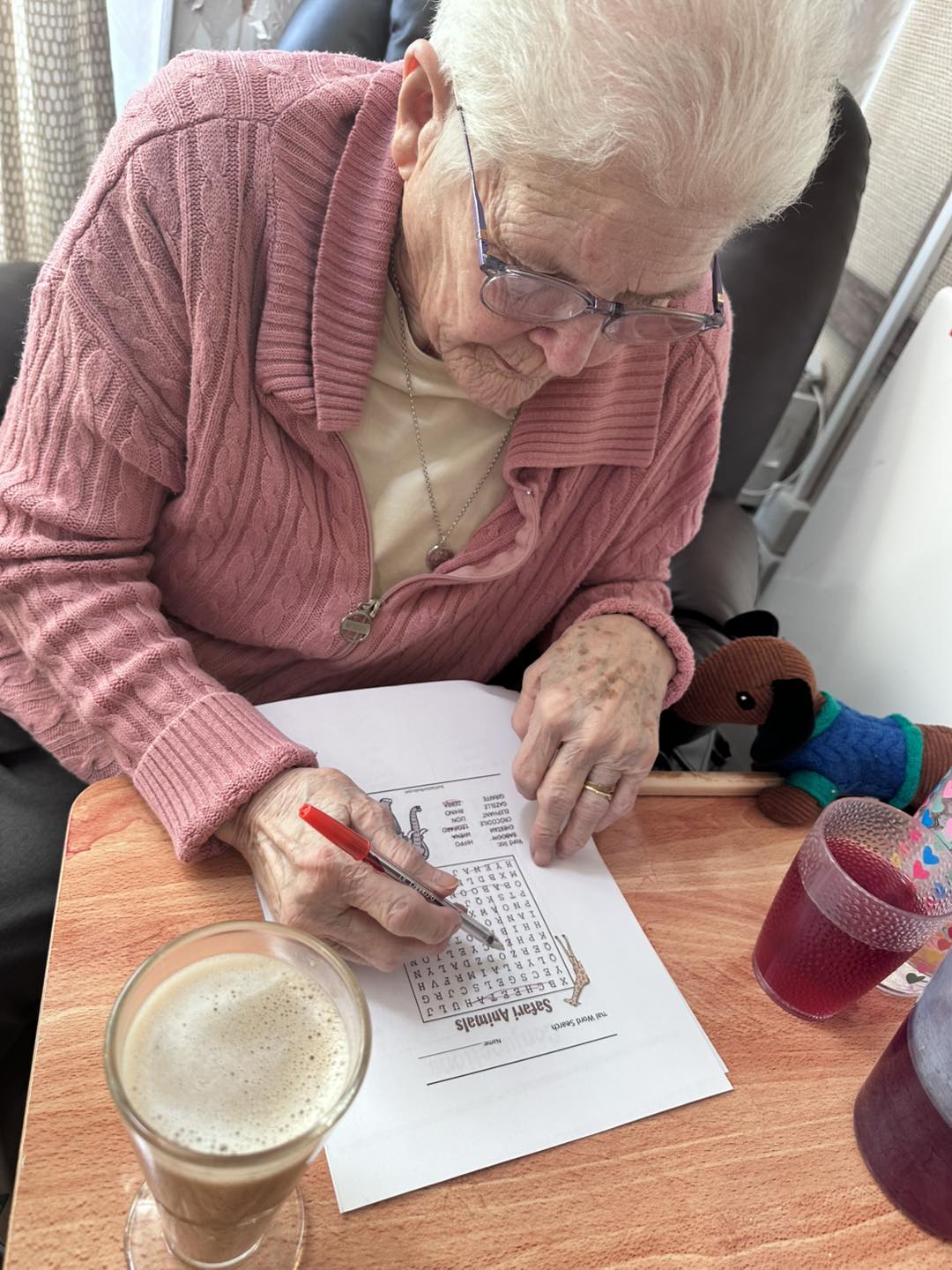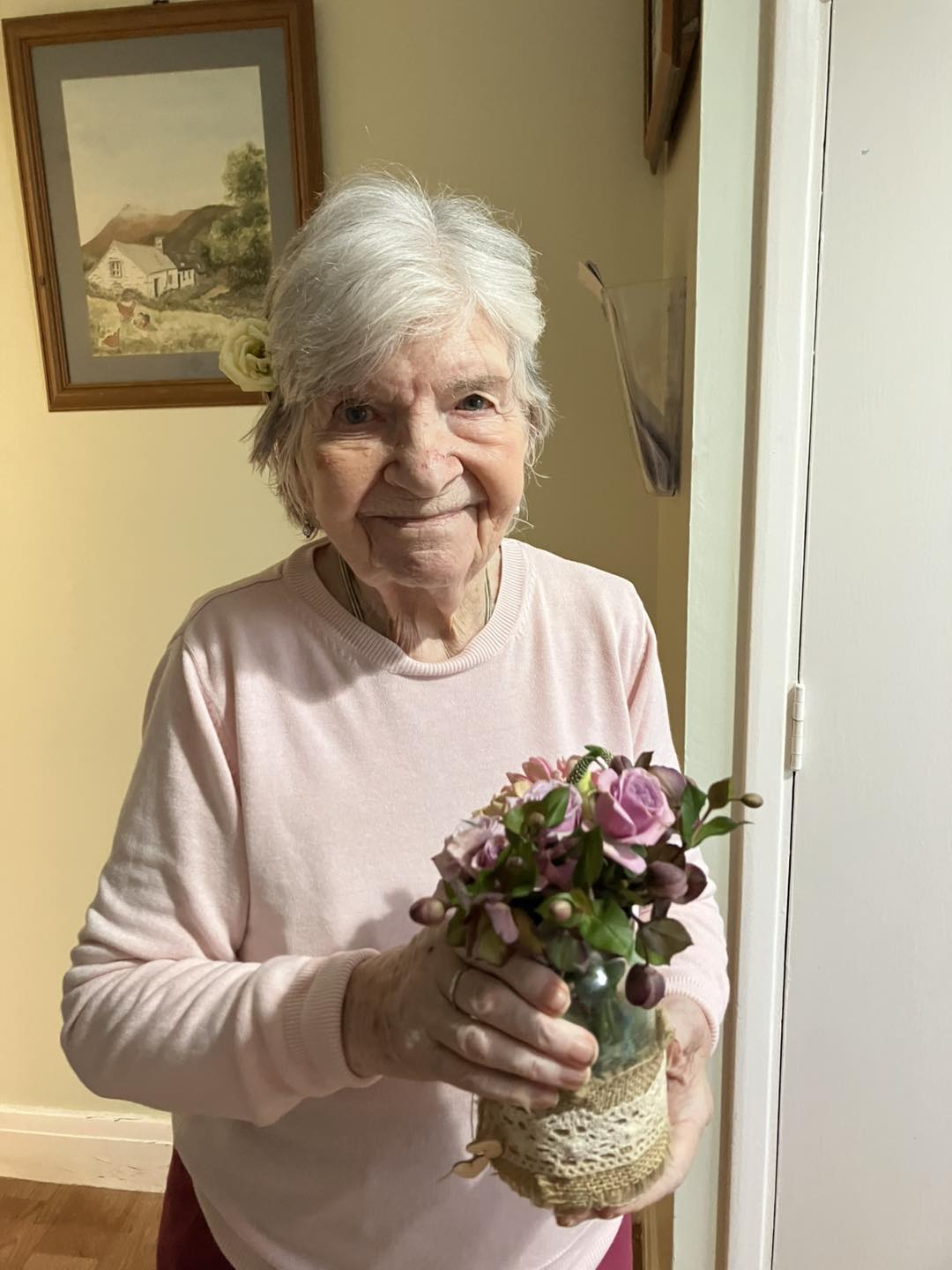Imagine, if you will, a world where you’re not shuffled off to a care home like last season’s fashion but are instead pampered in the comfort of your own home. That’s the essence of domiciliary care, which, unlike its more institutional cousin, offers personalised care plans tailored just for you.
You might wonder why anyone would opt for anything else. With the allure of staying in your cherished home environment, the cost savings, and the undeniable appeal of retaining your independence, the benefits are clear. Yet, there’s more to this choice than meets the eye, inviting you to explore why so many are turning their backs on traditional care homes.
Key Takeaways
– Domiciliary care offers personalised and tailored plans catering to individual needs and preferences.
– Care in one’s own home boosts comfort through familiarity and maintenance of daily routines.
– It is often more cost-effective than care homes, with potential access to financial assistance.
– Allows for greater flexibility, independence, and family involvement in the care process.
Personalised Care Plans
Understanding your unique needs is at the heart of creating a personalised care plan, ensuring that the support you receive is tailored just for you. With domiciliary care, care customization isn’t just a buzzword; it’s a commitment to adapting services to fit your lifestyle, preferences, and health requirements meticulously. This approach allows you to maintain your independence while receiving the precise level of support you need.
Health monitoring is a vital component of personal care plans. It’s not just about addressing current health issues; it’s about proactive management and prevention. Your care team will work closely with you, keeping an eye on your health and adjusting your care plan as necessary. This dynamic approach guarantees that your care evolves with you, providing peace of mind for both you and your loved ones.
In domiciliary care, the emphasis on personalised care plans means you’re not just another resident in a care home; you’re an individual with unique needs and preferences. This attention to detail in care customization and health monitoring guarantees that you receive compassionate, competent care that respects your autonomy and promotes your wellbeing.
Comfort of Home Environment
There’s no place like home, a sentiment that rings especially true when considering the comfort and familiarity of receiving care in your own living space. In the embrace of what’s known and cherished, domiciliary care allows you to be surrounded by your personal belongings and memories, making a world of difference in your well-being and recovery process. This personal touch can’t be underestimated, as it plays a vital role in your sense of security and happiness.
Consider these standout benefits of staying in familiar surroundings:
– Personal Belongings Close at Hand: Having your cherished possessions around you isn’t just comforting; it’s a bridge to your past and a constant reminder of happy times.
– Familiarity with Environment: Knowing every nook and cranny of your space can be immensely reassuring, especially for those experiencing memory issues.
– Sense of Continuity: Living at home maintains your daily routines and connections to your community, preserving your sense of normalcy.
The comfort of your home environment, enriched with personal belongings and familiar surroundings, plays an important role in fostering a positive outlook towards care—something that’s hard to replicate in a care home setting.
Cost-Effectiveness
While the comfort of your own home offers unparalleled emotional benefits, it’s also worth noting how domiciliary care can be more cost-effective compared to the expenses associated with care homes. You’re not just paying for the care you need; you’re also avoiding the often hefty fees that come with living in a care facility. These can include not only the basic cost of accommodation but also hidden costs like extra charges for activities, specialised care needs, and even certain meals.
Furthermore, when you opt for care in your own home, you might find a wider range of funding sources available to you. Many regions offer grants, subsidies, or programs designed specifically to support domiciliary care, recognizing its value both financially and in terms of quality of life. These can reduce the out-of-pocket expenses for you or your loved ones.
Exploring the financial landscape of care options can be intimidating, but understanding the cost-effectiveness of domiciliary care is a critical step. It’s about finding a balance that respects both your financial boundaries and your desire for a comfortable, familiar environment. With the right information and support, domiciliary care can be a financially viable and deeply rewarding choice.
Flexibility and Independence
One significant advantage of domiciliary care is the unparalleled flexibility and independence it offers you or your loved ones, allowing for a tailored approach to daily life and care needs. Unlike care homes, where schedules are rigid and movements are often restricted, domiciliary care puts you in control, enhancing your quality of life and respect for personal preferences.
Here’s why flexibility and independence in domiciliary care stand out:
– Personalized Schedule Control: You decide when to eat, sleep, and engage in activities. There’s no need to adjust to a communal timetable, making life more comfortable and less stressful.
– Mobility Freedom: With domiciliary care, you’re not confined to a single facility. Whether it’s a stroll in the park or a visit to a friend’s house, mobility is encouraged, supporting physical health and emotional well-being.
– Customised Care Plans: Care plans are tailored to meet individual needs, including the type and extent of assistance required, promoting autonomy and self-reliance.
Domiciliary care recognizes the importance of being in familiar surroundings and maintaining a sense of normalcy. It’s about providing care without compromising on the freedom and individuality that enrich our lives.
Family Involvement and Support
Engaging family in the care process not only strengthens emotional bonds but also greatly enhances the support system for those receiving domiciliary care. This involvement is crucial for emotional stability, as it guarantees that your loved one feels supported and valued, rather than isolated or neglected. With the family’s active participation, the emotional well-being of the person receiving care is greatly reinforced, making the care experience more comforting and less stressful.
Additionally, when it comes to caregiver selection, having the family involved can make a world of difference. You’re not just choosing a caregiver; you’re selecting someone who’ll fit into your family dynamics, understand your loved one’s unique needs, and provide care that aligns with your family’s values and expectations. This collaborative approach ensures that the care provided is personalised and of the highest quality.
Frequently Asked Questions
How Does Domiciliary Care Address the Emotional and Psychological Needs of Patients Differently From Care Homes?
Domiciliary care lets you stay in your own home, surrounded by comforting familiarity and family involvement, addressing your emotional and psychological needs more personally than care homes can, making you feel more supported and understood.
What Measures Are in Place to Ensure the Safety and Security of Patients Receiving Domiciliary Care, Especially for Those Living Alone?
To guarantee your safety at home, care providers conduct regular safety audits and integrate technology, like emergency call systems. These measures, tailored to your needs, offer peace of mind for those living alone.
How Does the Quality of Medical Care in Domiciliary Settings Compare With That in Care Homes, Especially for Patients With Complex Medical Needs?
You’ll find that with technological integration, domiciliary care can offer personalised attention, often matching care homes’ quality, even for complex needs. Plus, cost comparison usually shows it’s more budget-friendly, making it a valuable choice.
Can Domiciliary Care Accommodate Short-Term or Respite Care Needs as Effectively as Care Homes?
Yes, domiciliary care can meet short-term or respite needs effectively, offering cost efficiency and flexibility benefits. You’ll find it’s tailored to your lifestyle, ensuring care without the upheaval of moving to a care home.
How Does the Process of Matching Caregivers to Patients in Domiciliary Care Work, and What Happens if the Compatibility Is Not Successful?
In domiciliary care, matching you with caregivers is like finding the perfect puzzle piece. It’s based on caregiver training and scheduling flexibility. If there’s no match, don’t worry—they’ll find someone who fits just right.
Conclusion
In the end, choosing domiciliary care over care homes is like picking a custom-tailored suit over a one-size-fits-all. It’s not just about saving a fortune; it’s about basking in the comfort of your own home while receiving care that’s as unique as your fingerprint.
You’ll enjoy unparalleled freedom, your family’s unwavering support, and care plans so personalised, they might as well have your name written in the stars. Trust me, it’s the golden ticket to maintaining dignity and independence in your golden years.




